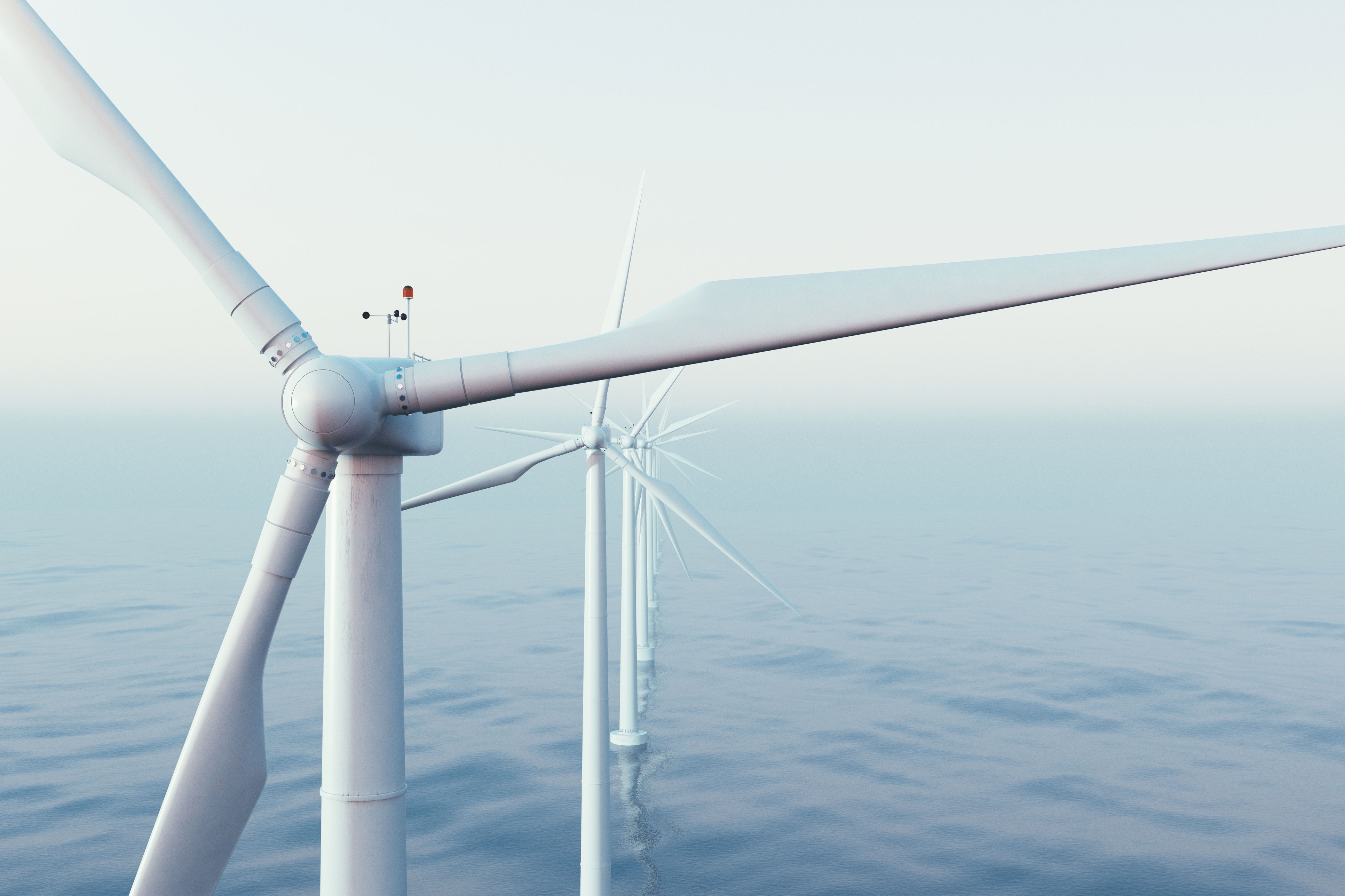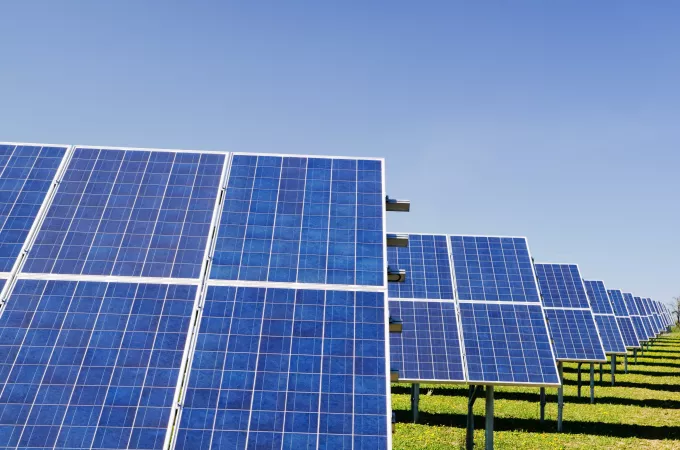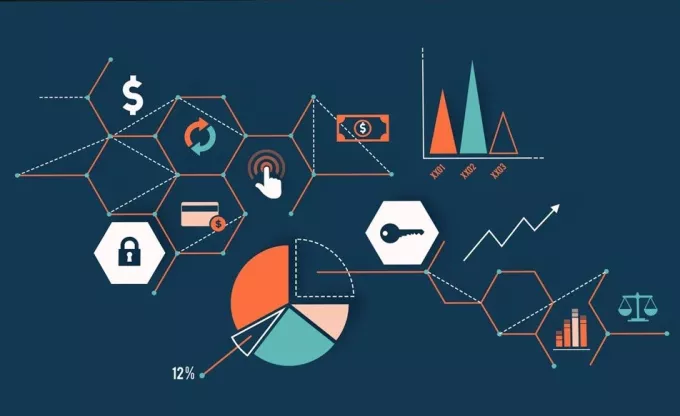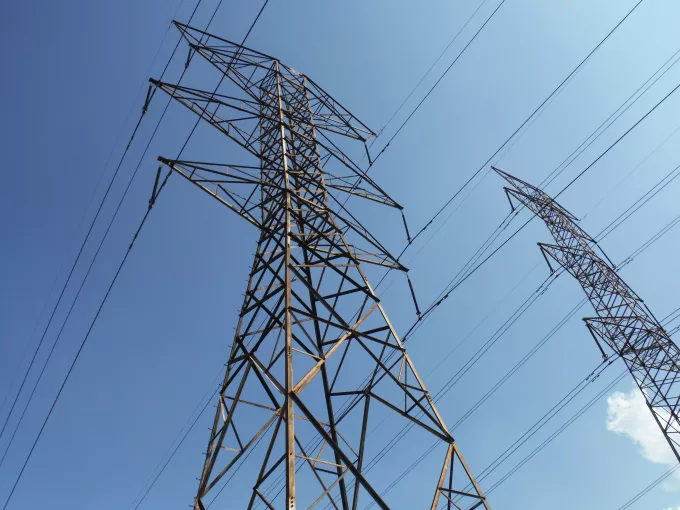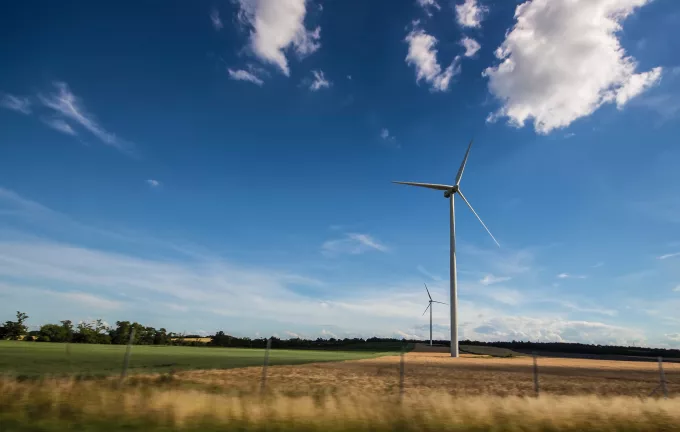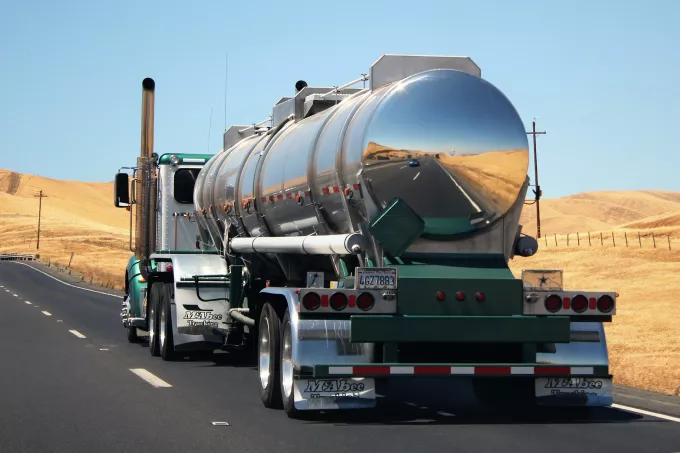Today more than ever, perpetual compromises need to be found in order to provide supply security at a reasonable cost for society, and in an environmentally friendly way.
The switch from traditional fossil sources of energy (oil & gas) to sustainable and recyclable ones (COP 21) is occurring alongside the appearance of intermittent and decentralized generation of energy sources. Nuclear energy is still a remaining source of energy but political issues have limited its share in the composition of energy sources globally;
Technological evolution leading to smarter networks and communication (Smart cities, smart grid, smart metering, ATRIAS project), reacting to the emergence of new players/producers (e.g. households, local storage, heat pumps, tertiary sector, electric vehicles);
In terms of the market, margins are decreasing, driving the principal actors to become more efficient, diversify or change their business models.
Future challenges

Business models
Business models are changing due to the emergence of new sources of energy and because of market liberalization: operators must supply new services in order to maintain customer retention and to resist pressure from competitors.
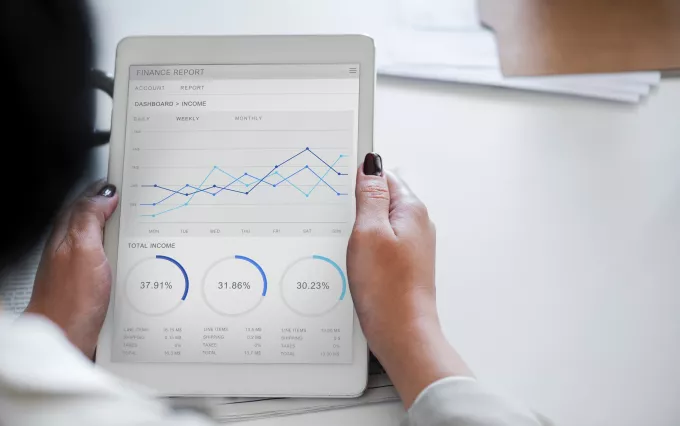
Digitalization
The impact of digitalization on the utilities sector can be divided in 3 different parts. The first concerns the customer interface, the second deals with the energy system and the third with energy flux

Smart grids
Key topics arise from the mutation of the energetic landscape. Industries need to modernize their electricity system through the implementation of smart grids instead of replacing and massively reinforcing networks.
Our references

Need more information?
Contact us !
Avenue Louise 326 - 16th Floor
B - 1050 Brussels

